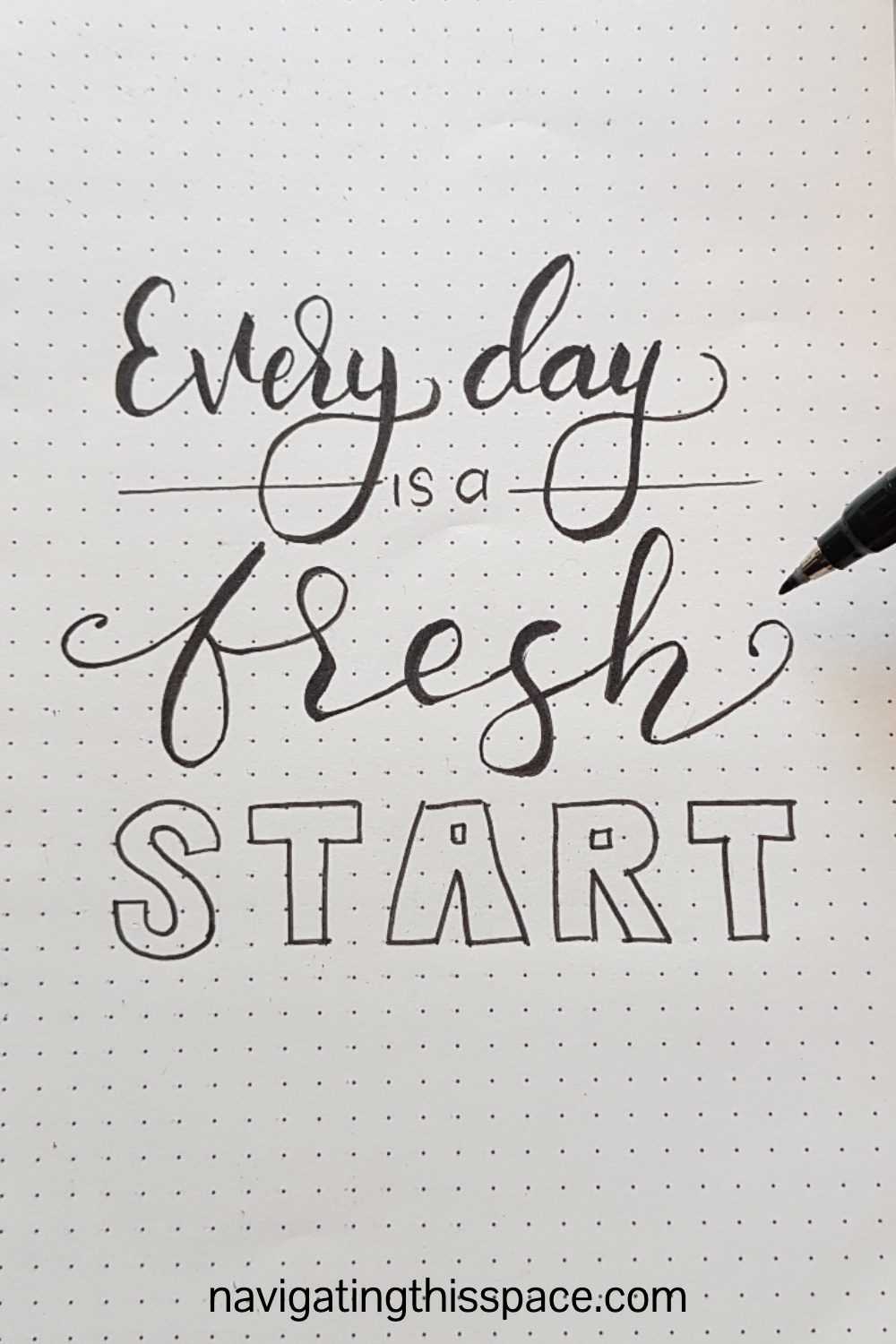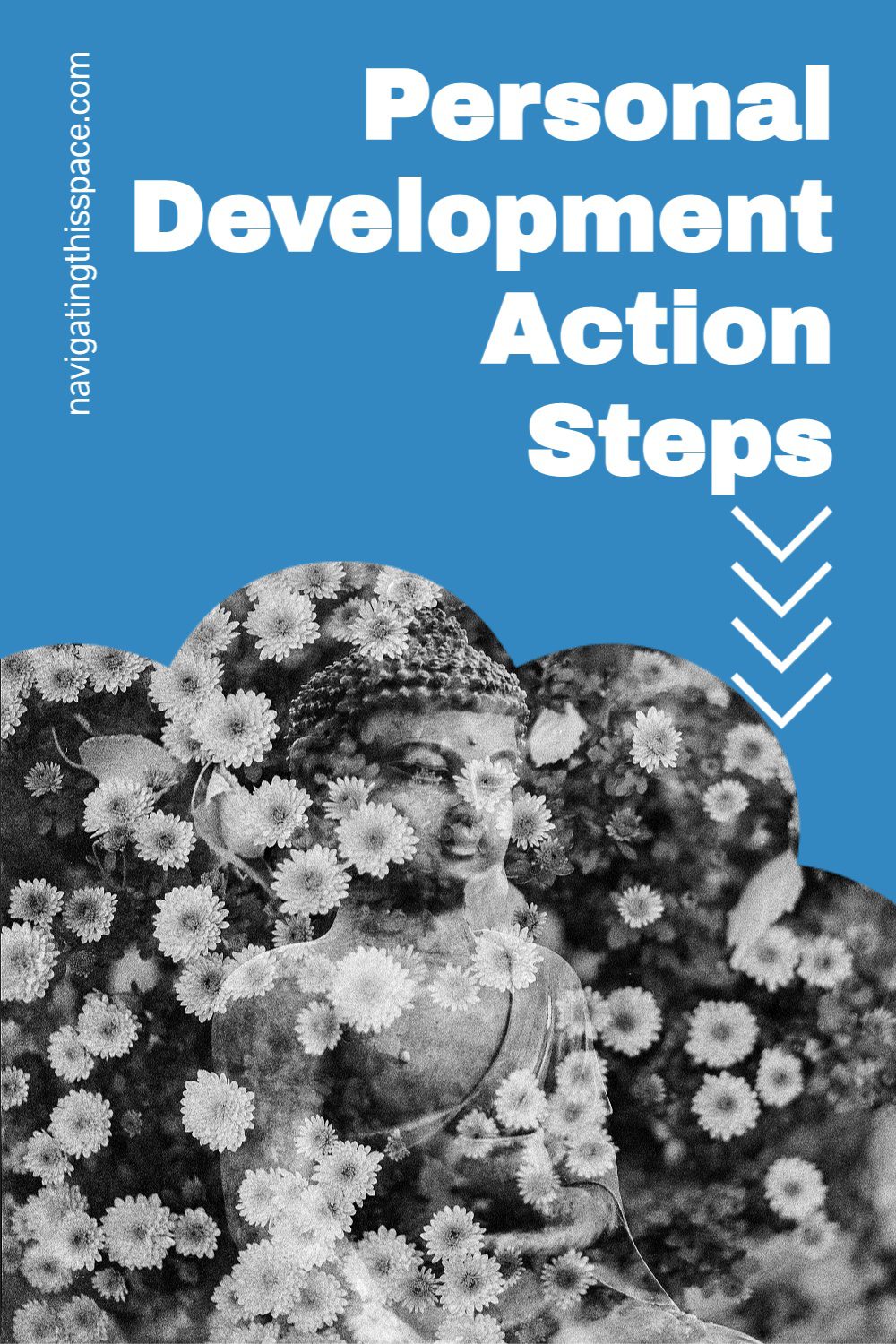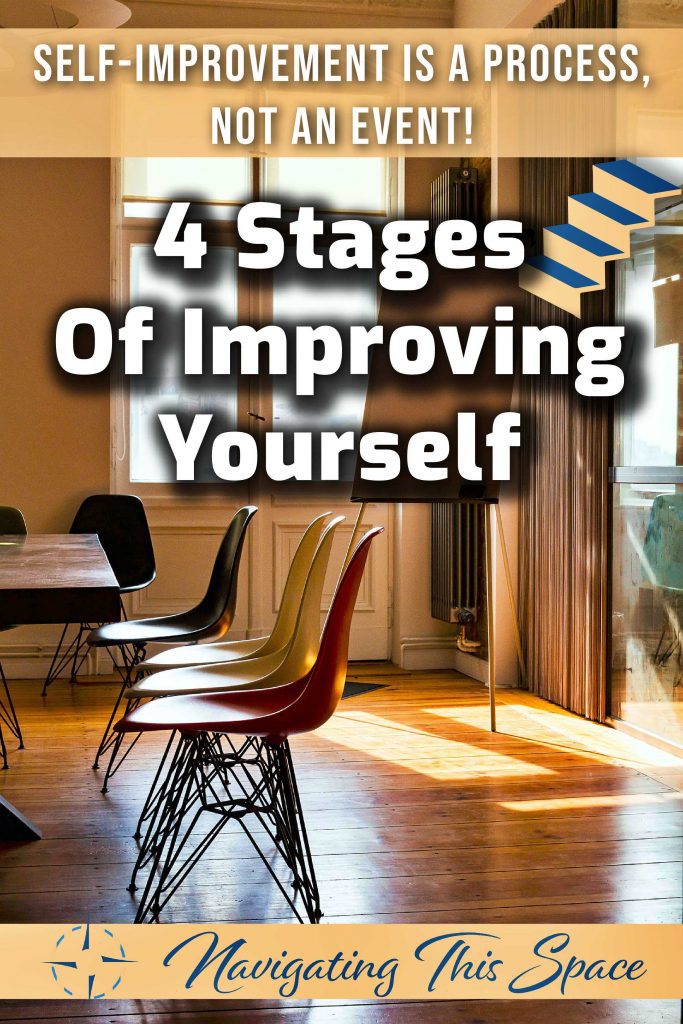Have you ever felt like your life is stagnant, and there’s nothing you can do to change it?
It’s time for a reality check.
One of the first steps in advancing yourself as a person is developing an internal understanding that everything about you—from your core values to your beliefs and ways of interacting with others—is always open for improvement.
In this blog post, we’ll discuss all the different stages of self-improvement so you’ll know what to do.
Let’s get started.
Self-Improvement Is a Process, Not an Event!
There are many personal development stages that you can explore, and it’s up to you to decide which ones will work best for your unique situation.
Keep in mind that everyone is different and has different preferences, so what might work for me might not necessarily work for you. Customize every piece of advice in this post to fit your personality and needs.
If what you try doesn’t reflect who you are, then you’re wasting your time.
Eliminate all forms of competition and comparison from your train of thought. Entertaining those thoughts will only delay your progress.
Your journey through life is unique to your personal growth!
The Stages of Improving Yourself
Self-development can be done through the following stages:
Stage 1 – Awareness

The awareness stage evaluates your values. This includes personal values and beliefs, physical well-being, relationships with family members or friends, social skills such as assertiveness or self-esteem, mental health problems, and more.
What do you believe in?
What defines you as a person?
What keeps you motivated to become a better person?
This is an opportunity to be honest with yourself about the goals you want to accomplish.
Being honest with yourself allows you to thoroughly assess your situation and become aware of the changes you need to implement.
You can only grow and improve yourself by recognizing your current state without outside influence.
Once you become aware of your situation, it is time to move to the next stage.
Stage 2 – Exploration and Acceptance

Awareness of your values and motivations is imperative to begin the exploration and acceptance phase.
Here you will explore what your values look like in a day-to-day living situation, what motivates and inspires you to achieve personal greatness, and how to accept and love these different elements of yourself.
This includes exploring how well the different parts of your life are functioning and adapting to new situations as they arise.
The exploration stage is the personal discovery phase.
You will also get a clear idea of your personal interests such as hobbies, types of people you are attracted to, and most importantly, why you’re attracting the kind of energy that comes into your life.
This can provide deep insight into who you are at your core. Once you have an idea of your personal interests and values, you can explore new ways to live in line with this knowledge and create a plan to change your life.
Stage 3 – Personal Transformation

Personal growth relies heavily on personal transformation.
To keep growing and improving your world, you must realize that transformation is a constant thing.
Feeling stuck in your life is an indication that you have stopped progressing.
This stage in your personal growth journey requires that you start to focus on obtaining the knowledge and skills you’ll need to improve your life and most importantly, start implementing new healthy habits.
Personal transformation also means that you need to change the way you look at your personal relationships and start seeing them as opportunities for growth.
It is important not to see people in your life only through how they can make you feel or help save yourself, but instead, focus on how they have helped shape who you are today and how you can help them.
A quick way to increase your knowledge is by reading books on the topics that interest you and taking courses to learn the skills you’ll need.
Books are truly magical things packed with mind transformation information to improve your life.
Never underestimate the power of a book. They have the ability to change your life.
Stage 4 – Maintenance and Growth

The personal growth process does not stop once you’ve completed stages one through three.
Instead, it shifts into a maintenance and growth phase where personal development has become an integrated element of your life rather than something that needs to be forced.
In this stage, the focus is on the ongoing self-reflection and personal action to build healthy habits that will transform and keep transforming your life.
Maintaining the healthy habits you’ve implemented in your personal transformation stage will keep you progressing through the stages of personal development.
If your goal is to become a better person in all aspects of your life, being consistent, determined and disciplined is the key to maintaining steady growth and eliminating the feeling of being stuck.
Action Steps for Personal Development

Instead of leaving you hanging with all that information I just shared, here’s a practical guide to help you get started.
Tip: Keep a personal journal and reflect on it regularly to help you identify areas for advancement.
1. Identify Your Goals
What do you want to change about yourself or how you live your life to achieve happiness and fulfillment?
Understand why you want these changes by answering these questions in your journal:
Are these goals strictly for myself, or is someone else forcing these changes on me?
Am I making these changes because of past experiences or current situations?
What are the barriers preventing me from making these personal changes, and how can I overcome them?
List out your personal goals in the order of importance. In this manner, you’ll know which ones need more attention and focus throughout your journey.
2. Create a Plan
Planning simplifies the overwhelming process of change.
Writing down how you want to achieve a goal will assist you in creating an action plan and sticking with it. It also serves as a guide on what to do next to ensure progress without any guesswork.
Include the following information when creating your plan:
– A specific list of goals you want to accomplish in the order of importance.
– The detailed steps needed to accomplish those goals.
– How often you’ll work on your goal — daily, weekly, and monthly time blocks.
– A measurable milestone for each goal so they can be tracked effectively over time.
If you don’t know where to begin, write down all of the things that interest and define you, this will help you identify where there may be room for development.
Areas to Consider:
- Financial
- Physical
- Mental
- Career
- Social
- Familial
- Spiritual
3. Take Action
Creating a plan and neglecting the action stage can be detrimental for anyone looking to better themselves.
If you don’t finish your work, it’s as if you never started at all.
– Start taking the necessary steps to achieve your goals.
– Then, track your goal progress by using measurable milestones.
It’s important not only to take action but continue growing and learning from your experiences over time with an open mind.
That being said, sometimes you will go off your planned path but that’s the beauty of staying flexible and releasing expectations of how things should happen.
When dilemmas arise, deal with them and incorporate the lessons. They’re there to elevate your learning process and push you further along your transformational path.
4. Evaluate and Reflect on Your Progress
Be patient with yourself; it takes time and effort to build new habits.
Keep an eye on your progress and celebrate your triumphs.
Learn to notice what’s working and try different things until you find the path that makes sense for you.
Use your milestones as reflection points to evaluate where you are and what personal growth goals still need to be achieved.
It takes time, patience, and dedication. Personal development is a lifelong journey of self-discovery, so get out there and embrace it!
These four stages of personal development can help shape your transformation process for years to come.
A Sense of Clarity

As you progress through life and your personal growth journey, you’ll naturally develop into your authentic self.
Understand that personal development is personal.
It’s about embracing personal growth in all areas of your life and accepting that it takes time, patience, dedication, and ongoing self-reflection to maintain the changes you want to see. Personal growth will come with its own set of difficulties. However, as long as you keep your end goal in mind, the journey you’ll take will be a mind-expanding one.
Take your time, do some inner research and determine what stage you are in on your development journey before making assumptions and jumping ahead prematurely.
It is true that self-development is a process.
If you’re looking for ways to improve your life and have not yet started on this journey, consider taking the above-mentioned steps.
The four transformational stages are personal in nature and require patience, dedication, and ongoing reflection to maintain the changes you want to see in yourself.
What stage of improvement do you think you’re currently at?






Personal development is a process! I think too many people think once you get this stop, everything is all sunshine and unicorns but it’s not like that. It takes a lot of work (self-awareness like you say).
You’re right Nicole, most people need to understand that personal development is a never-ending journey filled with unconventional challenges. Thank you for reading and commenting!